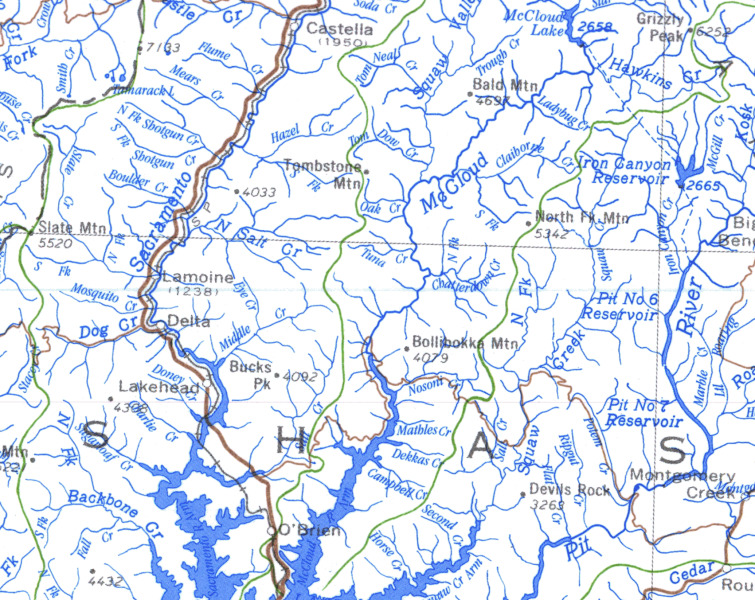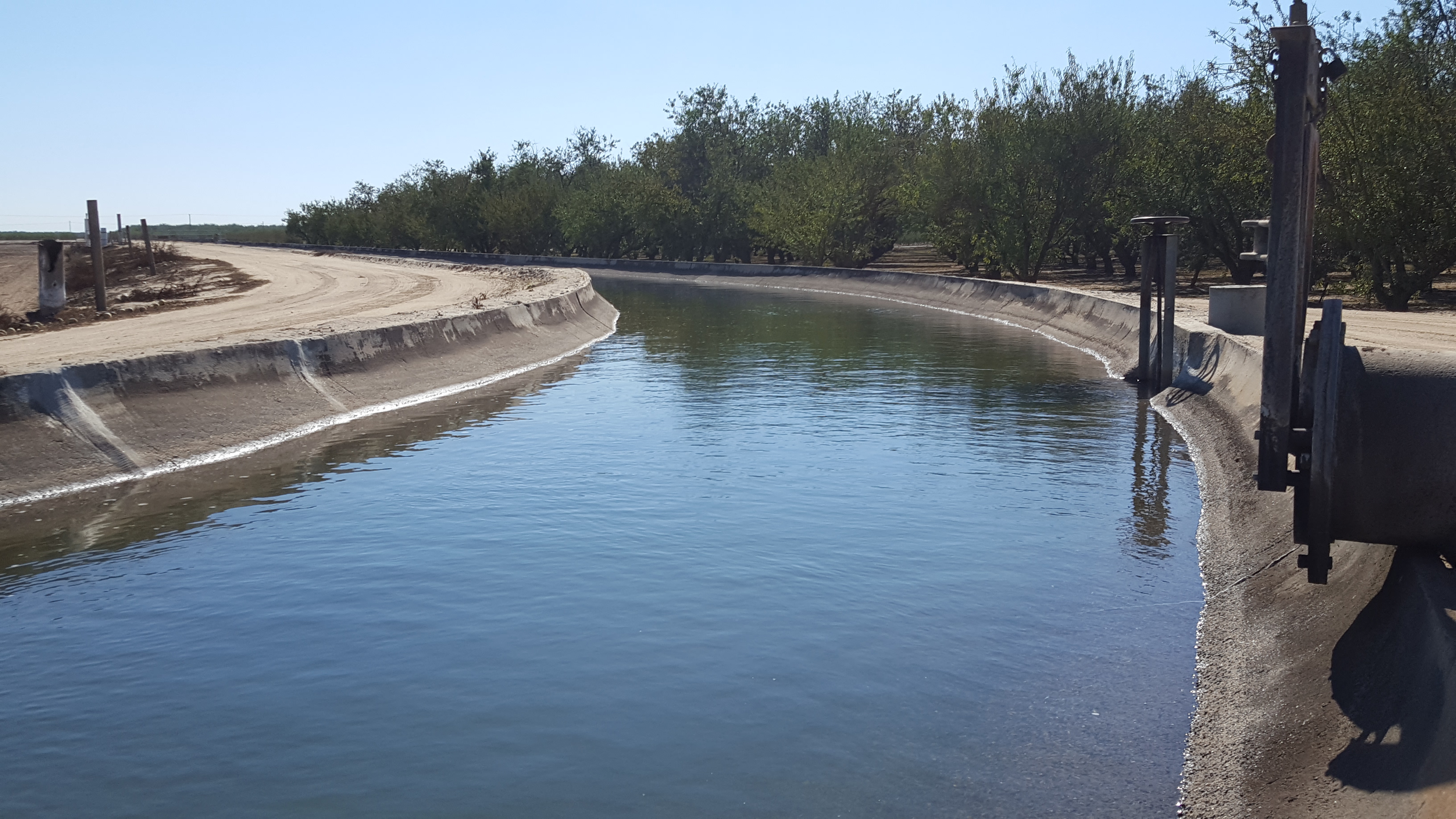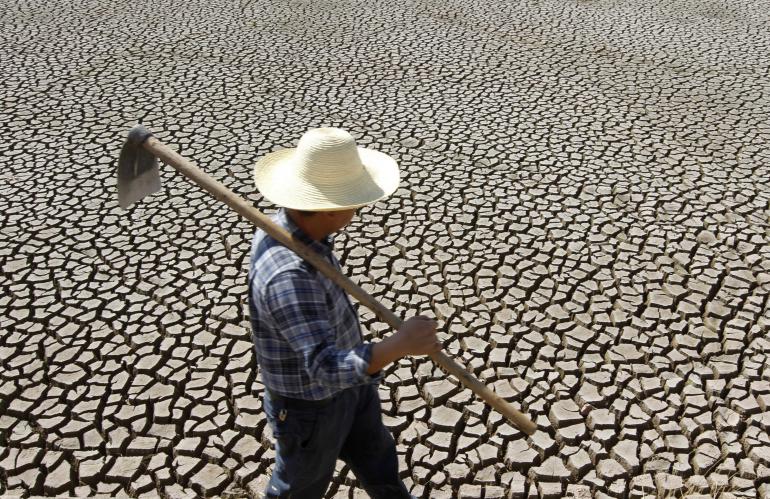Water Rights Holders Must Measure Stream Diversions
UC Cooperative Extension Offering Water Measurement and Reporting Courses April 4
News Release
California water rights holders are required by state law to measure and report the water they divert from surface streams. For people who wish to take the water measurements themselves, the University of California Cooperative Extension is offering training to receive certification April 4 in Redding and Woodland.
At the workshop, participants will:
- Clarify reporting requirements for ranches.
- Understand which meters are appropriate for different situations.
- Learn how to determine measurement equipment accuracy.
- Develop an understanding of measurement weirs.
- Learn how to calculate and report volume from flow data.
UC Cooperative Extension is offering a limited number of trainings in 2019. The next training will be held at Shasta College Farm and Yolo County Fairgrounds:
- Shasta College Farm in Redding – Register by completing the form at http://ceshasta.ucanr.edu, emailing Larry Forero at lcforero@ucanr.edu or Sara Jaimes atsbjaimes@ucanr.edu, or by calling the UCCE office in Shasta County at (530) 224-4900. Training will begin at 8 a.m. and conclude at 11 a.m.
- Yolo County Fairgrounds in Woodland – Register at http://cecapitolcorridor.
ucanr.edu or by emailing Morgan Doran at mpdoran@ucanr.edu or calling the UCCE office in Yolo County at (530) 666-8143. Training will begin at 2 p.m. and should conclude by 5 p.m.
Background on the water diversion law
Senate Bill 88 requires that all water right holders who have previously diverted or intend to divert more than 10 acre-feet per year (riparian and pre-1914 claims), or who are authorized to divert more than 10 acre-feet per year under a permit, license or registration, to measure and report the water they divert.
Detailed information on the regulatory requirements for measurement and reporting are available on the State Water Resources Control Board Reporting and Measurement Regulation webpage: https://www.waterboards.ca.
To make it easier for farmers and ranchers to comply with the law, the California Cattlemen’s Association worked with Assemblyman Frank Bigelow on a bill that would allow people to get certified to take the measurements themselves. Assembly Bill 589 became law on Jan. 1, 2018.
Until Jan. 1, 2023, this bill allows anyone who diverts water and has completed an instructional course on measurement devices and methods administered by UC Cooperative Extension, including passage of a proficiency test, to be considered qualified to install and maintain devices or implement methods of measurement. The bill requires UC Cooperative Extension and the water board to jointly develop the curriculum for the course and the proficiency test.













